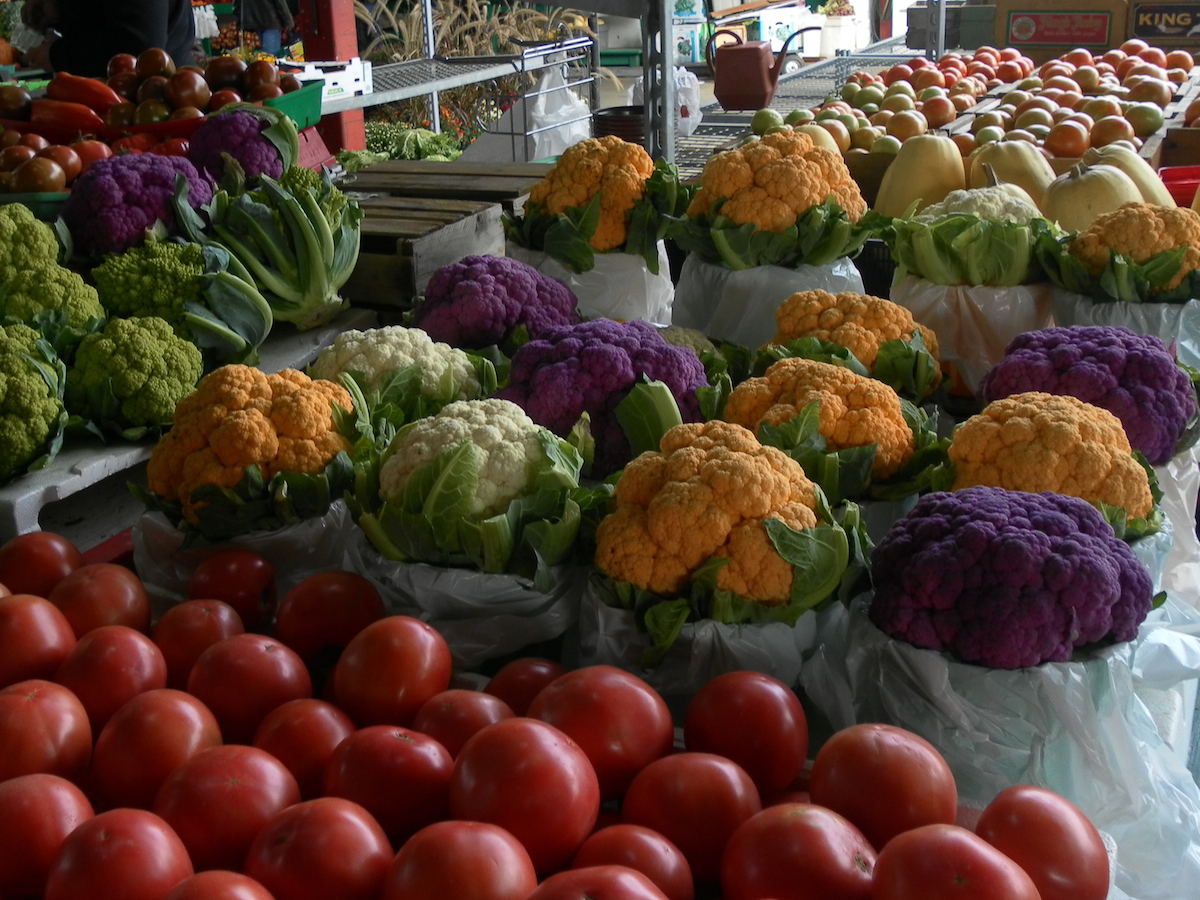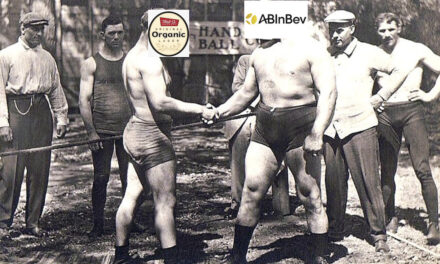by Andrew Heintzman for The Healthy Butcher, a ‘Certified Good Food Fighter‘
This article was originally published in the Toronto Star on October 9, 2011.
Thanksgiving is, of course, a time to give thanks for the bounty of the local harvest, with origins going back to the pioneers of the early farming settlements and even back further to the original first nations agricultural societies that lived here. The fact that Canadian Thanksgiving arrives over a month before the American Thanksgiving on account of our colder climate shows the extent to which this celebration is tied to the natural seasons and cycles of our climate. But more and more the bounty of our harvest is in jeopardy, and we should also give time on this Thanksgiving to think about our food choices.
We have many challenges to consider: we are losing our best agricultural land to development and urban sprawl; a diminishing proportion of our food is grown locally; our family farms are often unprofitable and going out of business; we are eating more processed food, and our society is unhealthy as a result; and some of us may not be getting enough food at all. These problems are worthy of our thoughts at this time.
Fortunately, there are also counter trends. There is a growing local food movement, with consumers seeking out fresh, locally grown food. Innovations like the Greenbelt are helping to preserve agricultural land. More people are eating organic foods, a form of agriculture that helps preserve soil quality. Farmers are turning toward practices like no-till agriculture that reduce greenhouse gasses. And, overall, a growing number of people are looking for healthy foods for themselves and their families.
We can all play our part in encouraging a healthier and sustainable food system. The first step is to be more aware of the food we consume by asking simple questions such as: Where was this food grown or processed? How far did it travel to get to me? Were the producers paid a fair wage for their labour? Did the production of this food degrade the environment? Is it a good or bad thing that more people are eating this type of food? Just asking those questions is the critical first step in changing our relationship with the food industry. Being conscious of the food choices we are making will help us consider how our dollars may be supporting various kinds of agricultural production.
Asking these kinds of questions is helpful to begin to understand the complicated path our food travels to arrive at our plates. Our shopping experience is an antiseptic affair, far removed from the realities of the producers of the actual food itself. But when we ask these questions, we introduce that connection back to the origins of our food, and to the people who created it. We also shine a light on the industry that profits from the delivery of our food to our plates and demand that it acts in the interests of a healthy society.
But there is an even more personal reason to ask these types of questions about our food. For becoming conscious of food choices broadens and deepens the experience of food, and transforms it from a simple question of calorie intake to something much more meaningful. This experience has a gastronomic component, but it is also a cultural experience of getting back in touch with our own land and history. In our busy modern lives — especially for the growing numbers of us who live an urban life — we may forget how the history of our land is tied fundamentally to an agricultural experience, and thus, we may also forget the debt we owe to this heritage.
We may also forget that, in the end, our fates and fortunes are still fundamentally tied to the health of the food systems we rely on. Remembering these facts, once a year, will create a deeper and more profound context to understand our food, and doing so will deepen the pleasure we take from it. And by challenging our food decisions daily, we can choose more nutritious, healthier food options, and build a more sustainable food system that will protect our soil and our farmland for future Thanksgivings.
Andrew Heintzman is president of the Investeco Sustainable Food Fund, L.P. He is also author of The New Entrepreneurs: Building a Green Economy for the Future, and Feeding the Future: From Fat to Famine, and Food and Fuel: Solutions for the Future.









Trackbacks/Pingbacks